|
Regardless of industry or profession, most leaders nowadays face a very uncertain, unpredictable world that is made even more difficult due to the increased prevalence of mental health issues in the workplace. According to recent research done by the World Health Organization, on a global level, more than 264 million people of all ages suffer from depression and over 300 million people live with constant anxiety ranging from mild to incapacitating.
Added to this, the American Psychological Association found that only 53% of the workforce in the US felt that their organizations truly supported staff well-being. And to complicate matters even further, many employees are very apprehensive to disclose mental health issues they are experiencing due to a variety of factors including the stigma attached to being mentally unwell and the fear of negative consequences. With the research showing that the mental health crisis is only going to get worse, organizations and businesses need to find and develop the very best leaders possible to help guide them through these difficult times and into the future. What type of leadership style might work best considering the vastly changing landscape of the workplace and the mental health crisis these organizations currently face or will probably face one day? Research done by Dr. Bill George, Dr. Bruce Avioli, and Dr. Fred Luthans would strongly suggest that organizations that value and prioritize an authentic leadership style are much more successful at promoting deeper trust, employee engagement, and positive outcomes. Dr. Fred Luthans’ research, more specifically, has shown that leaders who build and utilize psychological resources such as hope, optimism, resilience, and self-efficacy in the workplace have a very high degree of success in creating the conditions necessary for higher levels of well-being and mental health in the workplace. But, all of this is not possible without trust. As the expression goes, “When there is no trust, there is nothing. Trust is all.” Where there is trust, there is safety. Where there is safety, there is belonging. Where there is belonging, there is connection. Where there is connection, there is hope. Where there is hope, there is purpose and engagement. Where there is purpose and engagement, there is productivity. Where there is productivity, there is success for all. Where there is success for all, everyone wins. Promoting authentic leadership within organizations is essential nowadays. Any leader wanting to delve more deeply into building trust in the workplace, should look into the work of author and trust expert Charles Feltman. I’ve been lucky enough to have Charles on my Run Your Life podcast several times over the past couple of years to discuss the work he does helping leaders to build more trust in their organizations. Here is a link to our last conversation on my podcast. Charles Feltman breaks down trust into 4 assessment domains:
In his book, The Thin Book of Trust, Charles focuses on the concept of trust and its importance in personal and professional relationships. His book provides readers with practical advice and tools to better understand and build trust in various contexts such as workplaces, teams and every day interactions. Any leader who reads the Thin Book of Trust is sure to walk away with a deeper understanding of the importance of trust as a foundational tool for effective communication, collaboration, and productivity. This book provides readers with a specific language and a framework to use to prioritize trust and ensure that all stakeholders have a voice in the organization so that they feel understood and heard. Authentic leadership begins with trust. When trust is truly prioritized in an organization, there will no doubt be increased levels of social, emotional, and mental wellness. Addressing the mental health crisis in the workplace is in the hands of all leaders and the extent to which they develop a more authentic style of leadership. Using Charles Feltman’s framework, perhaps reflecting on the following questions might provide leaders insight into which areas they might have to focus on better developing in order to be more authentic in our leadership style. Let me know your thoughts and what resonates with you. What other reflective questions might you add to the list below? Thanks for reading and shine on wherever you are in the world.
0 Comments
As the landscape of education continues to evolve and constantly change, leaders serve as important role models for their organizations and the people within them. When leaders prioritize their own learning and development, they set a very positive example for all stakeholders in the organization, including their fellow leaders.
These types of leaders consistently strive to improve themselves through active self-reflection and seeking the critical feedback needed to know their strengths and identify their areas for development. As well, great leaders know that they have blind spots and take proactive steps to improve their skills, behavior, and decision-making. When leaders ask for feedback, it creates a sense of inclusion, belonging and empowerment among team members. It leads to increased employee morale, engagement, and overall trust in leadership. Research clearly shows that the most effective leaders are the ones who actively put strategies into action to enhance their own self-awareness. Deepening levels of self-awareness allows leaders to better understand how they might respond under pressure and to align their own self-perception with how they are actually perceived by others. They seek to understand and minimize this ‘perception’ gap. The quote from the start of this blog post, to me, reflects exactly what it means to lead with authenticity, as leaders have to put themselves out there. They know they will make mistakes and fail from time to time. They also know that they must continually strive to improve and get better. Any master of their craft knows how much practice goes into honing their skills. Just as a professional athlete has put in countless repetitions to improve their skillset, great leaders do the same. They know they have to continually improve, rather than risk the chance of becoming irrelevant and ineffective within their own role. Asking ourselves the right questions at the right times also allows for genuine self-reflection and with this reflection comes the ability to recalibrate, reframe, and reset as necessary. Which questions below resonate the most with you based on where you are at with your own leadership journey? Which questions might help you best reflect on your leadership in a way that allows you to deepen your own level of self-awareness? If none of these questions apply, what might be some other questions that are more relevant to you that you need to explore in order to better understand yourself and the growth needed to improve your ability to lead? Please share in the comment box below. Having been a podcaster for nearly ten years now, I feel very lucky to have been able to interview so many amazing humans from a wide variety of professional fields. Whether it be a best-selling author, Olympic gold medallist, professional athlete, top educator or world-renowned performance psychologist, many of my guests share very similar core values and guiding principles that have allowed them to thrive within their chosen fields. There is amazing commonality in their own pursuits of excellence, both personally and professionally. Not only have most of them been through very tough times and had to overcome a number of challenges in order to find their true path, every single one of them understands and applies deep reflection with consistency in their lives. We all want to do well and be impactful. We all have our own unique talents and gifts that we offer the world. Many of us have also done a lot of work to build on our strengths in order to improve our ability to make the genuine difference we desire. As I have devoted my life and work to the field of education for more than 20 years now, this post is dedicated to all of the amazing educators out there who are striving to do their very best. Whether you are a classroom or single subject teacher, principal or director of a school, this post is for you. This post is also for anyone else reading this who may not be in education. These themes and reflective questions apply to any professional field or individual pursuit of excellence. In moving forward with this post, I want to share 9 themes that resonate the most with me, based on my own learning over the past ten years. Many of these themes continually reveal themselves in the interviews I’ve done with extraordinary people on my podcast. Many of my guests continually explore these themes, in their own life, in ways that have them reflecting not only on what they are doing well, but more importantly what it is they need to improve on to help move them closer to the desired self they wish to be. Through these 9 themes, I have also been able to reflect more deeply and doing so has helped to keep me more on track in my own personal and professional life and to be as impactful as possible in my work. I hope that these 9 themes (and reflective questions) provoke your own thinking, spark curiosity within yourself, and help to guide your own journey of deep learning. I hope you can take away the themes and questions that most resonate with you. My biggest wish is that you can apply any of these themes and reflective questions, in a way, that allows to you honestly reflect on where you are at and what you might need to do to make more progress and improvement in your own personal and professional life --- and to deepen your own level of self-awareness along the way. Please feel free to share this post with anyone who you feel will benefit from reading it. |
AuthorKAUST Faculty, Workshop Leader, Presenter, Certified Cognitive Coach Archives
August 2023
Categories |

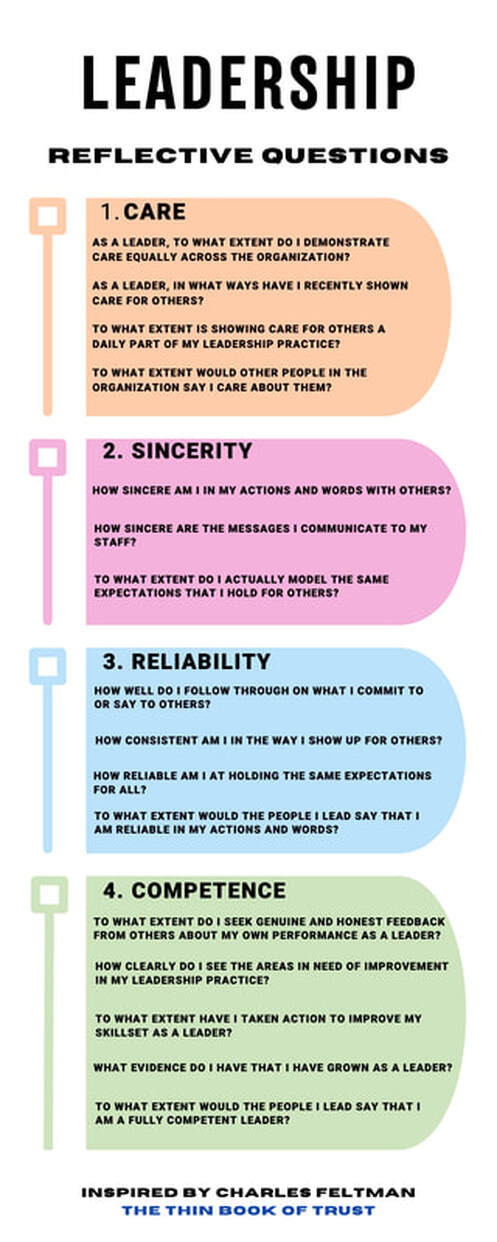
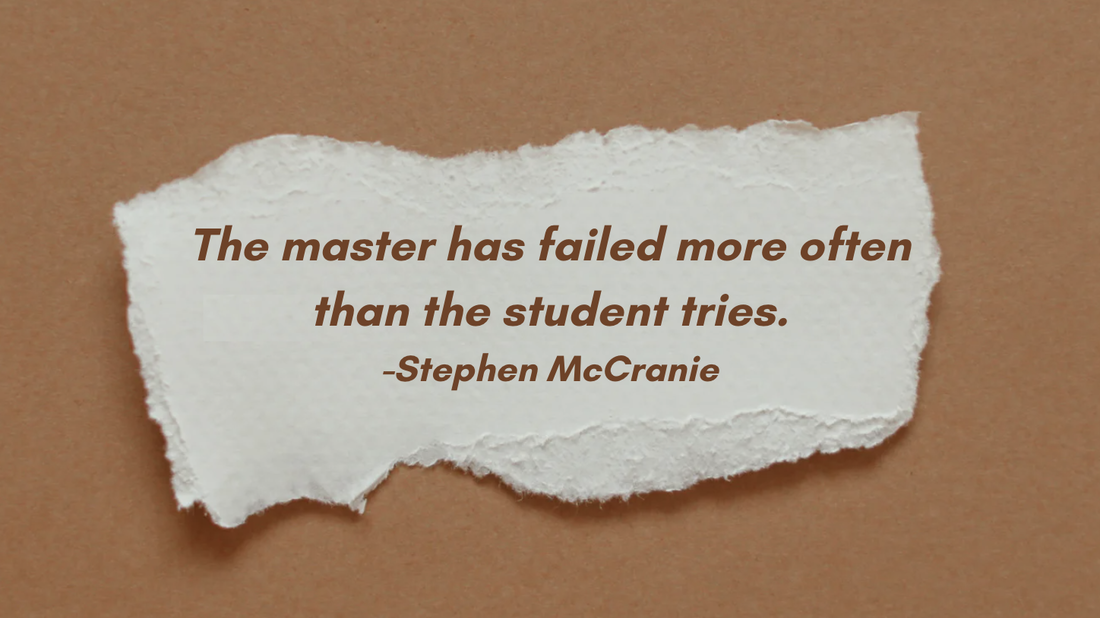
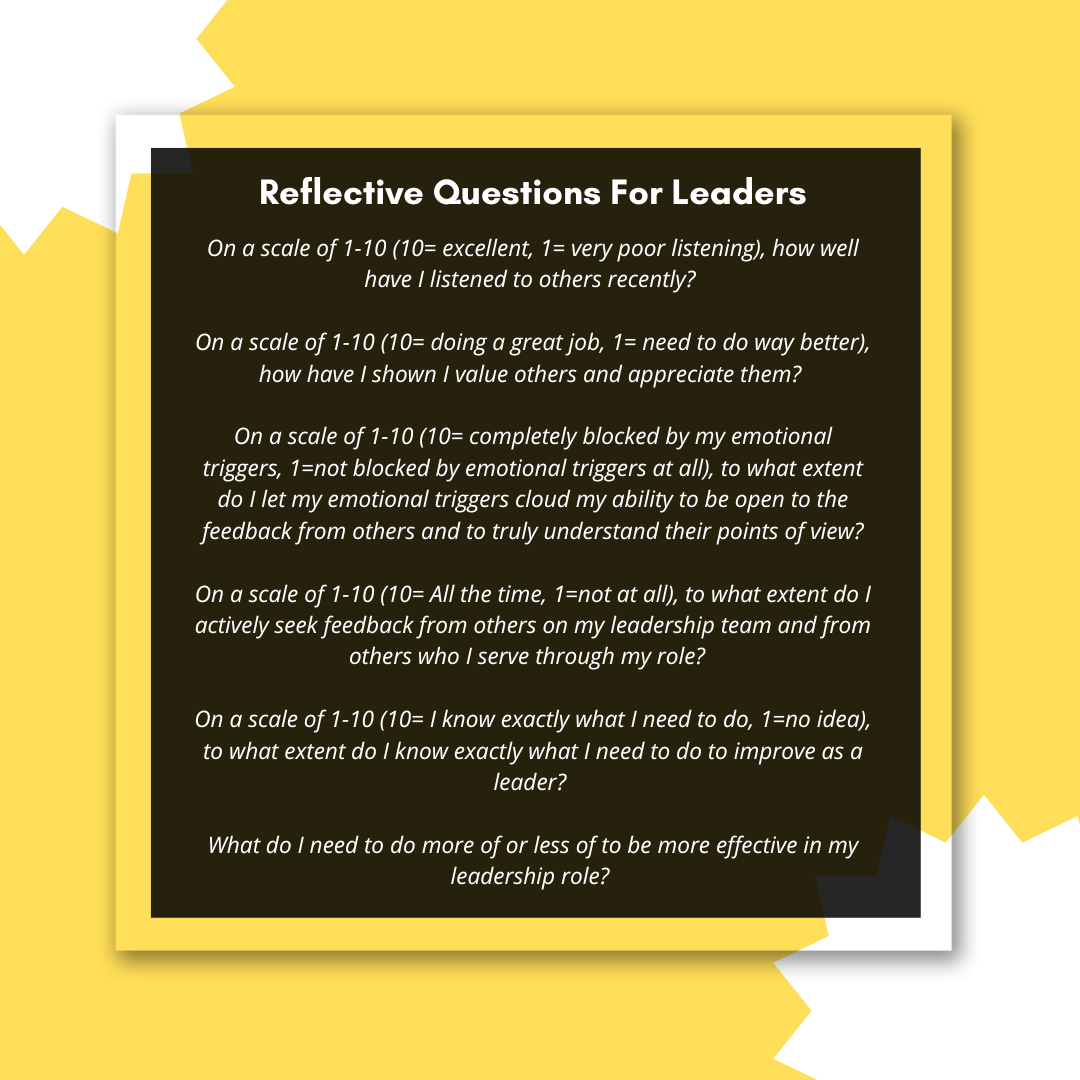
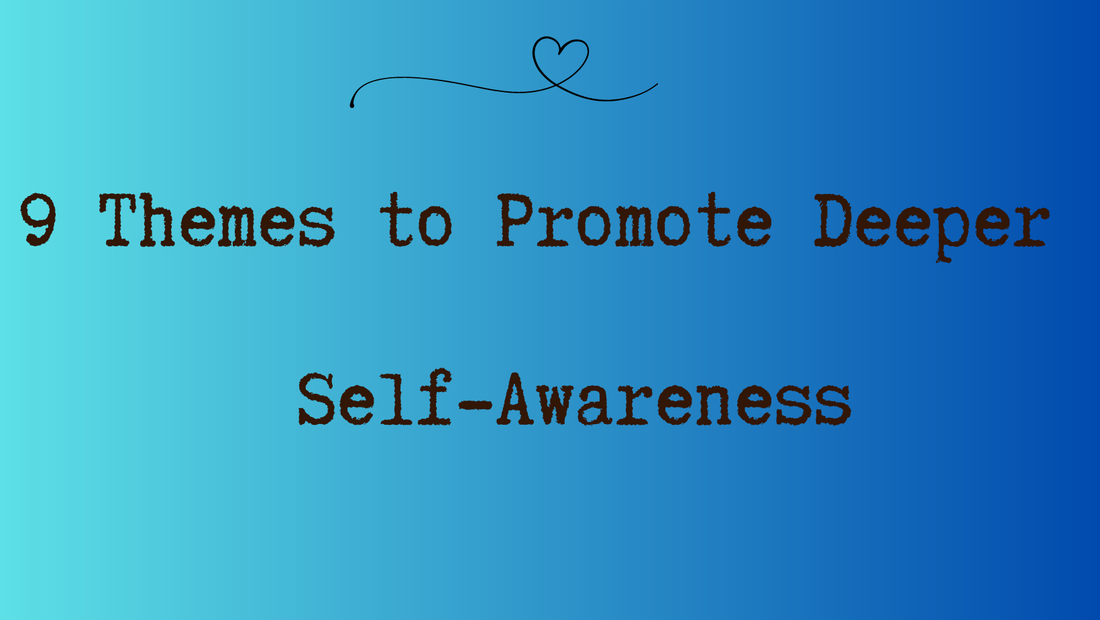





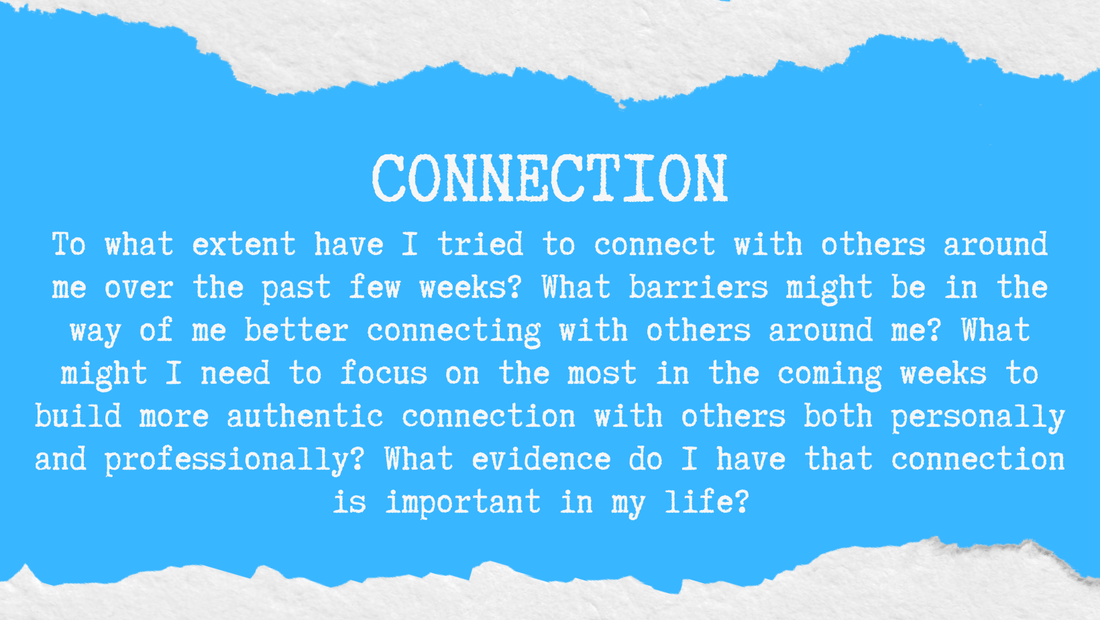

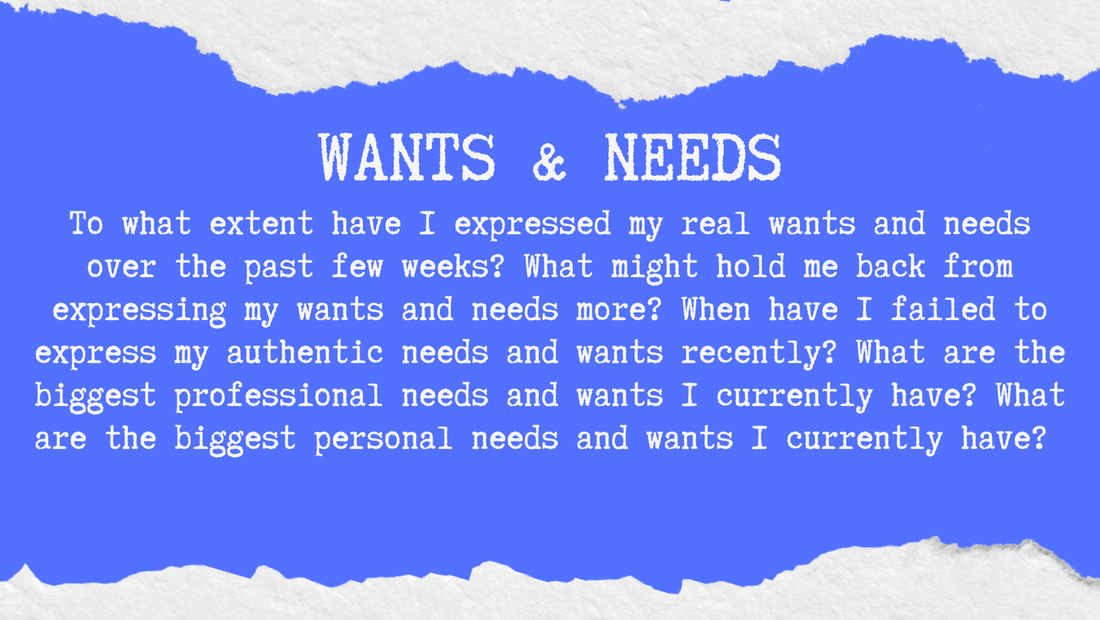
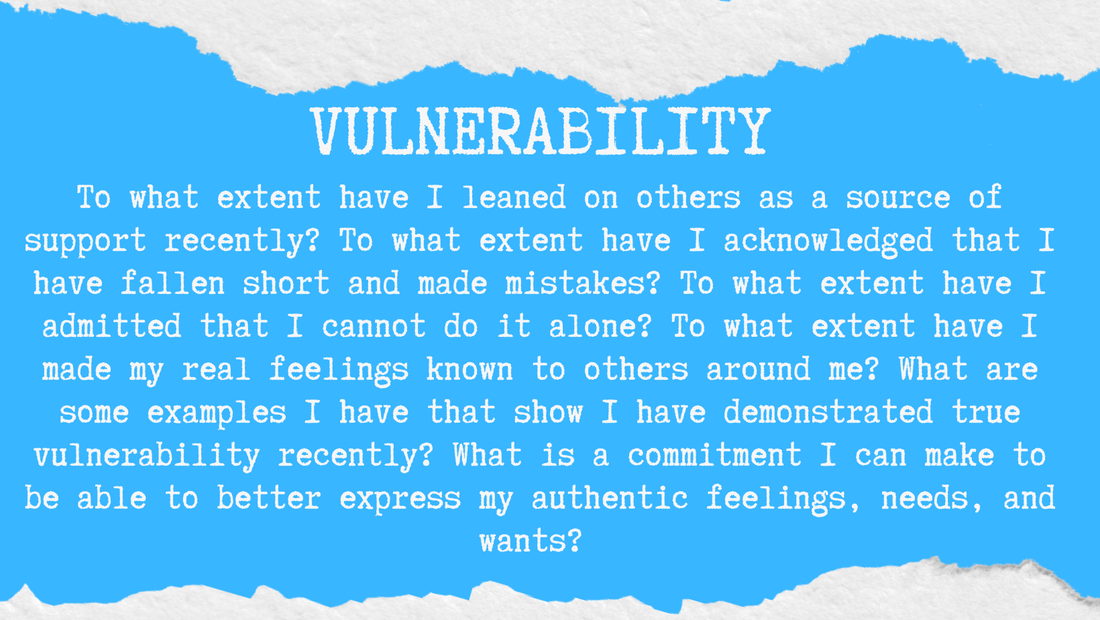
 RSS Feed
RSS Feed